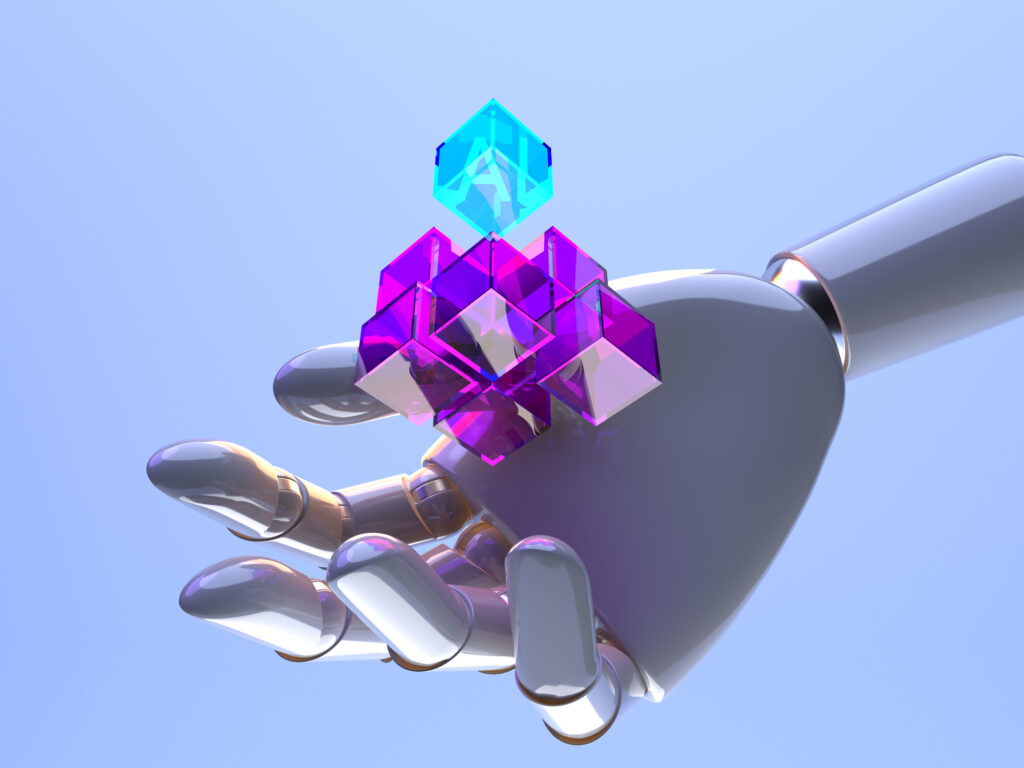
Algorithmic precision: AI in pre-employment assessments
The search for the right employee is like exploring for rare treasure. Resumes with boastful achievements sparkle on the surface, obscuring the promising gems beneath. Here is where pre-employment assessments step in as seasoned trackers with keen eyes and unyielding determination. They venture beneath the façade, assessing skills, uncovering knowledge, and gauging potential with laser-like precision.

By sifting through the pile of possibilities and identifying candidates who possess the true makings of a star, pre-employment assessments curate a pool of candidates that elevates your interview interactions. Conversations become rich in substance, allowing you to delve deeper into the nuances of their skills and experience. The result?
- No more squandered interview time and letdown of candidates feigning talent.
- Pre-employment assessments ensure every step brings you closer to the talent you seek.
- Fuelled by AI, these assessments transform into a dynamic powerhouse, boasting a range of sophisticated features and heightened capabilities.
Features of AI-powered assessments
AI elevates pre-employment assessments with an array of capabilities that redefine the hiring experience.
In the world of coding assessments, pre-built questions in a multitude of languages await. Languages like Python and Java come alive in feature-rich coding environments, allowing candidates to showcase their skills in practical scenarios.
But skills go beyond mere coding prowess. AI assessments tap hidden talent reservoirs through functional assessments. Personality traits? Unveiled. Aptitude? Understood. Technical and domain expertise? Revealed!
Assessment formats come in varied formats, challenging minds and capturing potential in diverse ways. Multiple-choice quizzes assess critical thinking, while essay questions invite insightful responses. Video recordings capture communication and presentation skills, and even open-ended tasks like drawing exercises can shed light on problem-solving approaches.
The icing? Cutting-edge proctoring. No more anxieties about cheating, for AI ensures integrity in assessments. Its advanced anti-cheating technology guarantees fair and reliable results, giving businesses complete peace of mind.
AI’s impact on pre-employment assessments
AI has made a significant impact on pre-employment assessments, and its influence is set to grow even more in the future.
Here are some key ways AI is transforming the hiring process:
Increased efficiency and speed
- Automated scoring and analysis: AI can significantly reduce the time it takes to evaluate assessments, freeing up recruiters for more strategic tasks.
- Streamlined workflows: AI automates repetitive tasks like scheduling and candidate communication, making the process smoother and more efficient.
- Global reach: AI-powered assessments are conducted remotely. This opens up access to a wider pool of talent beyond geographical limitations. However, this vast influx also brings a tidal wave of evaluations, which again, AI can handle efficiently.
Enhanced accuracy and objectivity
- Reduced bias: AI can help eliminate unconscious bias by focusing on data-driven insights and objective criteria. This leads to fairer and more inclusive hiring practices.
- Deeper insights: AI can go beyond traditional skills and qualifications to assess soft skills like communication, teamwork, and problem-solving. This provides a more complete picture of a candidate’s potential.
Improved candidate experience
- Personalisation: AI can personalise assessments (adaptive assessments) to individual candidates, making them more relevant with each click. This leads to higher completion rates and better quality data.
- Interactive formats: AI can create gamified or immersive assessment experiences that are more engaging and enjoyable for candidates.
- Real-time feedback: AI can provide immediate feedback to candidates throughout the assessment process, helping them identify areas for improvement.
While AI brings many benefits, it is important to be aware of its limitations and potential pitfalls. AI should be used as a tool to inform your decisions, not make them. Human judgement and ethical considerations remain paramount.
AI is poised to revolutionise pre-employment assessment tests, pushing the boundaries of efficiency, accuracy, objectivity and candidate experience. While not devoid of challenges, this technology presents compelling opportunities for the future of recruitment. AI-powered assessments not just help fill a position but contribute to building a team of future-proof talent.
Ref